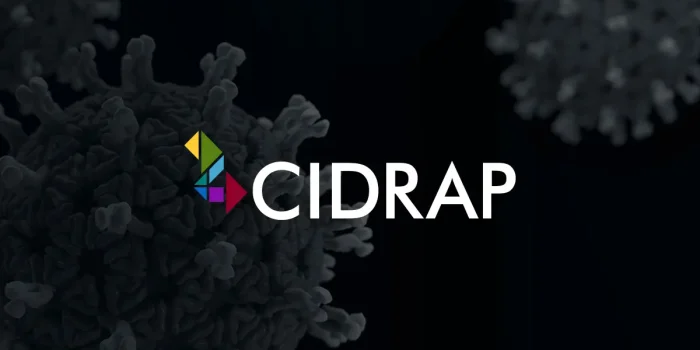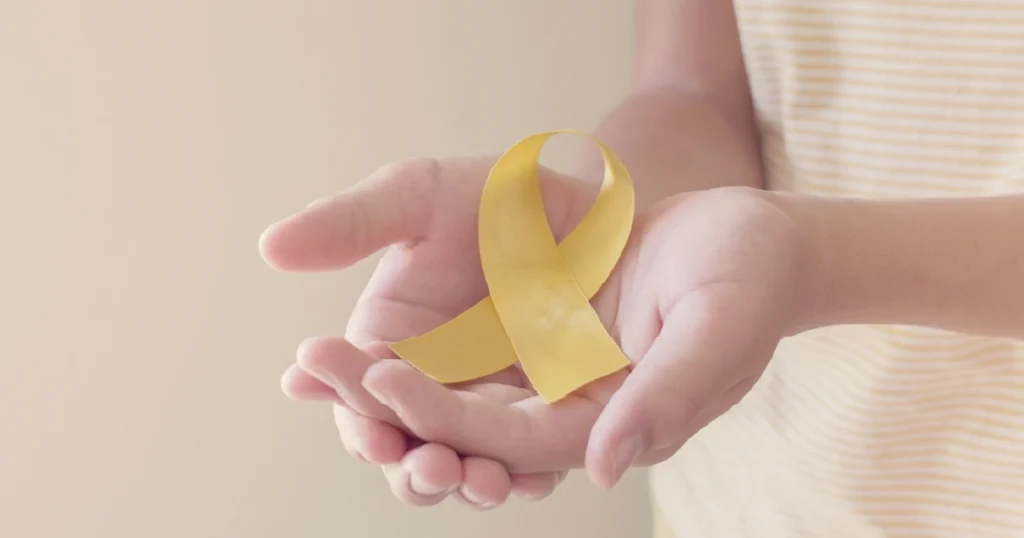Two former Centers for Disease Control and Prevention (CDC) officials told Senate lawmakers today that agency has been politicized, and its career scientists sidelined, under Health and Human Services (HHS) Secretary Robert F. Kennedy Jr.
In a hearing before the Senate HELP (Health, Education, Labor & Pensions) Committee, former CDC Director Susan Monarez, PhD, and former Chief Medical Officer Debra Houry, MD, MPH, testified that the agency has been “reduced to a rubber stamp” under Kennedy. They also described an atmosphere in which political appointees are playing a significant role in agency decisions.
Monarez and Houry cited Kennedy’s unilateral changes to vaccine recommendations without consulting CDC scientists, his replacement of an advisory board of vaccine experts with vaccine critics, and promotion of unproven treatments for measles as examples of how Kennedy is weakening public health.
“Due to the secretary’s actions, our nation is on track to see drastic increases in preventable diseases and declines in health,” said Houry.
Among the revelations in the hearing was that plans to change the childhood vaccine scheduled were already in place ahead of tomorrow’s meeting of the CDC’s Advisory Committee on Immunization Practices (ACIP).
Monarez describes her ouster
The hearing was the first public appearance by Monarez since she was fired by President Trump on August 27, less than a month after being confirmed as CDC director. Her dismissal came after a series of meetings on August 25 in which Monarez claims she refused to agree to Kennedy’s request to fire top CDC officials and to pre-approve the ACIP recommendations ahead of the group’s upcoming meeting. Houry and two other top officials subsequently resigned from the CDC after Monarez was fired.
Monarez’s testimony directly refuted statements made by Kennedy 2 weeks ago in his hearing before the Senate Finance Committee. At that hearing, Kennedy denied asking Monarez to resign for refusing to agree to his requests. He said Monarez, who had made the claim in a Wall Street Journalop-ed, was lying and that he had fired her because she wasn’t trustworthy.
But Monarez, in her opening statement and throughout the hearing, said Kennedy’s comments don’t reflect what actually happened. At their first meeting on August 25, Monarez said Kennedy “directed me to commit, in advance, to approving every ACIP recommendation, regardless of the scientific evidence. He also directed me to dismiss career officials responsible for vaccine policy without cause.”
Monarez said Kennedy then told her that if she was unwilling to do both, she should resign.
“I responded that I could not pre-approve recommendations without reviewing the evidence, and I had no basis to fire scientific experts,” Monarez said. “Even under pressure, I could not replace evidence with ideology or compromise my integrity.”
Monarez, who described the meeting as tense and Kennedy as very upset, said she believes that’s the reason why she was fired. “I was fired for holding the line on scientific integrity,” she said.
Monarez also said Kennedy made several assertions about the CDC at the meeting, including that the CDC was corrupt, that CDC officials were “killing children and they don’t care,” that the agency had forced people to wear masks and social distance “like a dictatorship,” and that CDC officials told hospitals to turn away COVID patients “until they had blue lips” before allowing them to be treated.
The August 25 meeting took place less than a month after Monarez was confirmed as CDC director, and less than 3 weeks after a gunmen opened fire on CDC headquarters in Atlanta, killing a police officer. During that period, Monarez said she only had two meetings with Kennedy.
Changes to childhood vaccine schedule
In response to questions from Senate HELP Committee Chair Bill Cassidy, MD, (R-LA), Monarez said Kennedy also told her on August 25 that the childhood vaccine schedule would be changing in September, and that he had spoken with President Trump about the issue. Kennedy has long been critical of the childhood vaccine schedule.
“I had suggested I would be open to changing childhood vaccine schedules if the evidence or science was supportive,” Monarez said. “He responded that there was no science or evidence associated with the childhood vaccine schedule.”
That revelation is noteworthy because the newly reconstituted ACIP, which includes 12 members handpicked by Kennedy, will meet tomorrow to discuss and vote on recommendations for two vaccines that are currently recommended for children—the hepatitis B vaccine and the measles, mumps, rubella, and varicella (MMRV) vaccine. The CDC has traditionally adopted ACIP recommendations after reviewing the underlying data.
I was fired for holding the line on scientific integrity.
Houry said that an HHS political appointee indicated to her that ACIP was planning to move away from the recommendation that children receive the hepatitis B vaccine at birth and that any data presented by career CDC scientists might bias ACIP members, several of whom are vaccine critics, against that decision.
When asked by Sen. Patty Murray (D-WA) whether she’s confident that parents will be able to trust the recommendations made at the upcoming ACIP meeting, Monarez said she’s “very nervous about it.” Houry also said she had concerns, citing limited public input and the fact that data for the meeting haven’t been posted yet.
When asked by Sen. Bernie Sanders (I-VT) about what her concerns are if public faith in childhood vaccines is undermined, Monarez said she believes preventable diseases like polio, measles, diphtheria, and whooping cough will return.
“I believe our children will be harmed by things they do not need to be harmed by,” she said.
No data provided for changes to COVID vaccine recommendations
Another issue that came up was Kennedy’s announcement in May, in a post on X, that COVID-19 vaccines would no longer be recommended for healthy children and pregnant women. Houry said the data for that decision have not been provided to CDC scientists.
“After the tweet came out, we asked for a written memo from HHS, because I couldn’t implement guidance based off of a tweet,” Houry said. “We did ask for the data to back it up, and we have not received the data to date.”
Houry also suggested during her opening comments that the nation is less prepared for infectious disease and bioterror threats under Kennedy. She noted that global flu and COVID-19 samples have dropped by 60% and 70%, respectively, “leaving us with far less visibility into what’s coming.”
As with Kennedy’s confirmation hearings and his recent appearance before the Senate Finance Committee, the questioning of Monarez and Houry broke down along party lines. While Democratic senators were supportive, GOP committee members expressed skepticism about Monarez’s description of her conversations with Kennedy and criticized her hiring of two anti-Trump lawyers. Some suggested her firing had more to do with the CDC’s vaccine recommendations and with her not being aligned with Kennedy and President Trump’s priorities.
In particular, Sen. Rand Paul (R-KY) argued COVID-19 vaccines shouldn’t have been recommended for children because they haven’t reduced transmission, hospitalization, or deaths in children and have been associated with increased risk of myocarditis in young men. He also argued that not all babies need to be vaccinated against hepatitis B.
“What is the medical reason to give a hepatitis B vaccine to a newborn whose mom has no hepatitis?” Paul asked.
Similarly, Sen. Roger Marshall, MD, (R-KS), said the issue was Monarez’s defense of an agency that has been pushing vaccines that aren’t needed on people.
“Your attitude that every person needs every vaccine is completely contrary to Secretary Kennedy’s philosophy,” Marshall said.
But Cassidy, a former physician and hepatologist who’s vote was critical for Kennedy’s confirmation, ended the hearing with an impassioned defense of the hepatitis B vaccine, which was approved for use in newborns in 1991. Cassidy noted that newborn hepatitis B infections fell by 68% in the following decade, and that now, fewer than 20 newborns a year get hepatitis B.
“That is an accomplishment to make America healthy again,” Cassidy said. “And we should stand up and salute the people who made that decision, because there are people who’d otherwise be dead if those mothers were not given the option to have their child vaccinated.”













